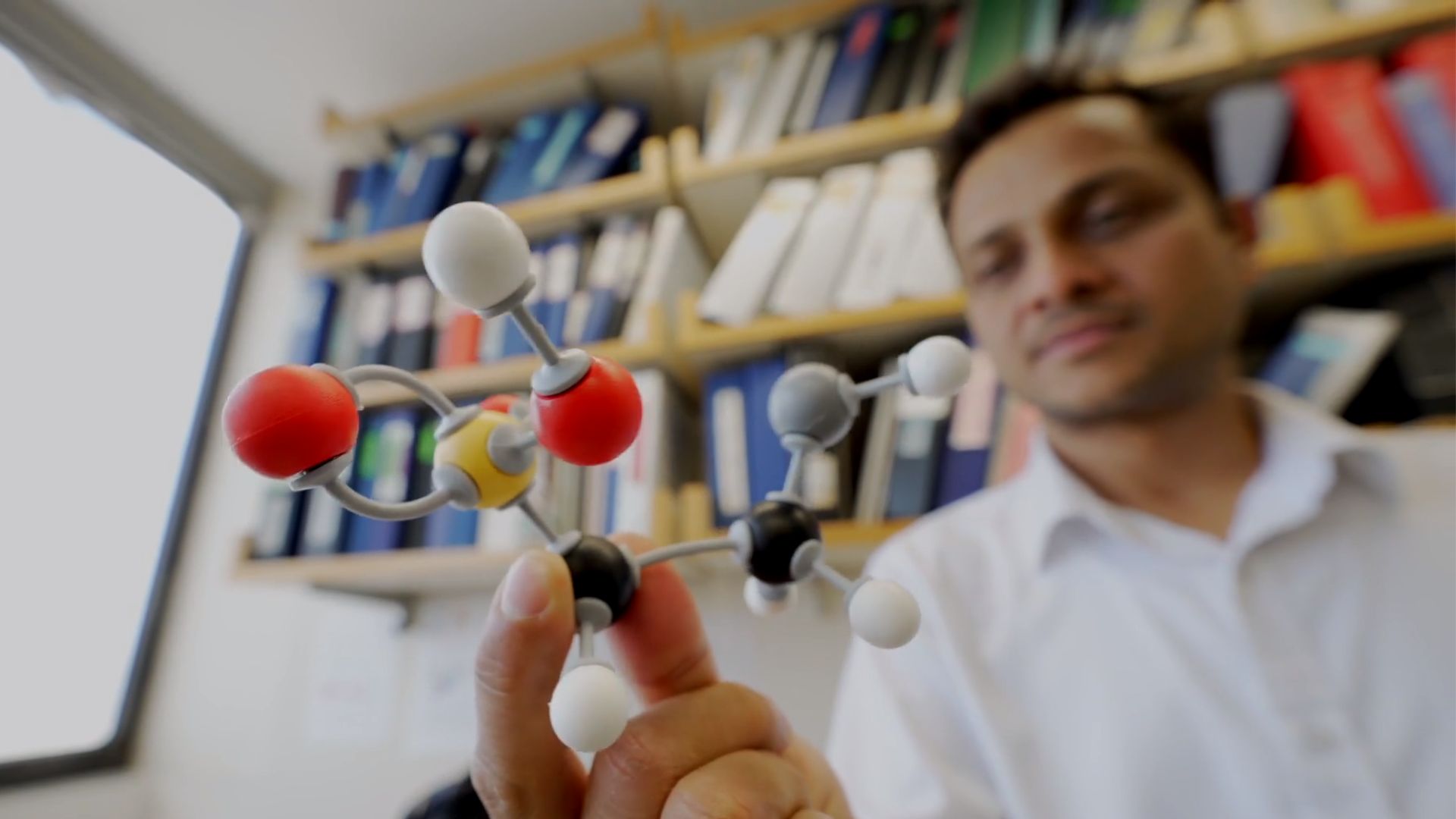
Taurine — an amino acid made by the human body and often added to energy drinks — can slow aging and extend the life spans of certain animals, a new study suggests. Whether it could work in humans, however, is still a big unknown.
Taurine extended the life spans of middle-aged worms and mice and also improved aspects of monkeys' health, scientists reported Thursday (June 8) in the journal Science. The findings suggest that taurine should be tested as a treatment to promote healthy aging in people, the study authors wrote.
However, it's unclear how taurine slows aging in some animals, and there's little long-term data on taurine supplementation in humans. Therefore, at this point, no one should take taurine supplements in an attempt to slow aging, experts told Live Science.
Small human trials have assessed taurine as a treatment for metabolic diseases, with some positive results. But "I think the main thing that needs to be established is long-term safety if this is to be recommended to otherwise healthy people," Joseph Baur, a professor of physiology at the University of Pennsylvania Perelman School of Medicine who was not involved in the study, told Live Science in an email.
"There is very little barrier to starting well-controlled and monitored trials, but I would not advise anyone to self-medicate before the results of such studies are available," said Baur, who also co-authored a commentary about the new study.
Related: Extreme longevity: The secret to living longer may be hiding with nuns ... and jellyfish
The human body makes taurine, and people also get the amino acid from foods, including meat and dairy. It's also added to energy drinks, like Red Bull, likely due to claims that it can improve athletic performance and focus.
Unlike typical amino acids, taurine is not used as a building block for proteins — but it does play other roles in cells, said Joseph McGaunn, an MD-PhD candidate at the Perelman School of Medicine and co-author of the commentary. Taurine is a key component of bile salts, liver-made compounds that help the body digest fat, and it helps boost the body's supply of antioxidants, regulates the amount of fluid in cells, activates certain brain receptors and helps build key proteins in cells' energy-generating mitochondria, McGaunn told Live Science in an email.
In research conducted about 10 years ago, the study authors noticed that mice given taurine were "showing better functionality" than untreated mice. That finding prompted the team to look beyond bones to other aspects of the rodents' health and to look at taurine in other species, said study co-author Parminder Singh, a former doctoral student at the National Institute of Immunology in India and current postdoctoral research fellow at the Buck Institute for Research on Aging in California.
The new study, the culmination of that research, suggests that, in mice, monkeys and humans, blood levels of taurine significantly decline with age. In humans, taurine levels drop by about 80% between early childhood and age 60. This decline is likely linked to the body's ability to make taurine rather than to a change in diet, since plant-based diets (which are low in taurine) haven't been linked to such a dramatic decline in the amino acid, Baur said.
Related: World's largest captive croc turns 120, giving scientists 'serious knowledge on longevity'
The team tested what happens when you restore "youthful" levels of taurine. They found that, in taurine-treated worms (Caenorhabditis elegans), the median life span increased by 10% to 23%. Mice given taurine daily had median life spans that were 10% to 12% longer than untreated mice.
Treated mice also had increased muscle strength and more efficient sugar metabolism, and certain hallmarks of aging — such as DNA damage and cellular senescence, in which aged cells stop multiplying and accumulate — were less extensive. Rhesus monkeys (Macaca mulatta) given taurine supplements for six months showed improved bone, metabolism and immune health, compared with untreated monkeys.
Together, these experiments suggest that "taurine is basically putting a brake, or slowing the speed, of aging," Singh said. But exactly why isn't clear. Moreover, carefully designed clinical trials are needed to determine if taurine supplements could slow aging in humans, and if so, when and in what doses they should be taken, the authors said.
In the meantime, "we do not recommend buying off-the-shelf taurine," senior author Vijay Yadav, an assistant professor of genetics and development at Columbia University, said at a news conference Tuesday (June 6). "We need to wait for the human clinical trial to be completed."







